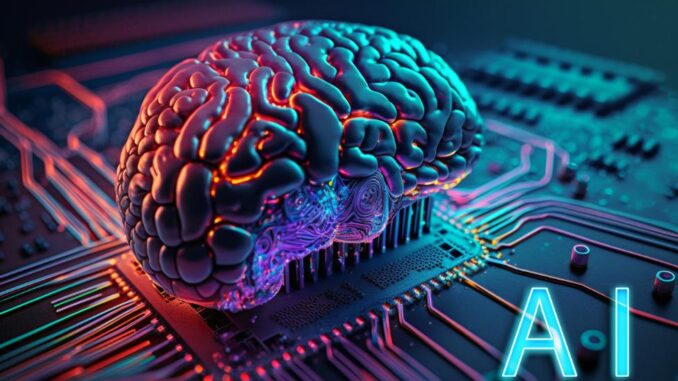
The development of AI policies involves several critical steps and considerations to address the challenges and opportunities presented by artificial intelligence technologies.
These policies aim to ensure that AI is used responsibly, ethically, and in ways that benefit society. Here are some key components and considerations in the development of AI policies:









### 1. **Governance Framework**
– **Stakeholder Engagement**: Involve diverse stakeholders, including government, industry, academia, and civil society, to gather inputs and address concerns.
– **Interdisciplinary Approach**: Collaboration across disciplines is crucial, combining insights from technology, ethics, law, and social sciences.
### 2. **Ethical Guidelines**
– **Principles**: Establish guiding principles such as fairness, transparency, accountability, privacy, and security, which should underpin AI development and deployment.
– **Bias Mitigation**: Develop policies to ensure AI systems are trained on diverse datasets to reduce bias and promote fairness.
### 3. **Regulatory Framework**
– **Legal Compliance**: Ensure that AI systems comply with existing laws and regulations, including data protection laws, intellectual property rights, and consumer rights.
– **Sector-Specific Regulations**: Create regulations tailored to high-stakes sectors such as healthcare, finance, and transportation where AI applications may have significant impacts.
### 4. **Data Governance**
– **Data Privacy**: Establish policies that address data privacy concerns, including consent and the ethical use of personal data in AI training.
– **Data Sharing and Collaboration**: Promote frameworks for responsible data sharing among organizations while ensuring privacy and security.
### 5. **Transparency and Accountability**
– **Explainability**: Encourage the development of AI systems that can provide understandable explanations for their decisions and actions.
– **Audit and Oversight**: Create mechanisms for auditing AI systems and holding organizations accountable for their impacts.
### 6. **Innovation and Economic Growth**
– **Support for R&D**: Encourage investment in AI research and development, fostering innovation while ensuring ethical considerations are part of the process.
– **Skills Development**: Implement education and training programs to equip the workforce with the skills necessary to work alongside AI technologies.
### 7. **Global Cooperation**
– **International Standards**: Work towards the establishment of international standards and guidelines for AI, addressing issues that cross national borders like cybersecurity and ethical AI use.
– **Global Dialogues**: Participate in global dialogues and partnerships to share best practices and address common challenges.
### 8. **Monitoring and Evaluation**
– **Impact Assessment**: Regularly assess the social, economic, and ethical impacts of AI systems.
– **Iterative Policy Development**: Adapt and update policies based on new research findings, technological advancements, and societal feedback.
### 9. **Public Awareness and Education**
– **Public Engagement**: Foster public dialogue around the implications of AI and involve citizens in discussions about AI policy.
– **Transparency in Communication**: Clearly communicate the objectives, processes, and outcomes of AI policies to the public to build trust.
### Conclusion
The development of AI policies is an ongoing process that requires adaptability and responsiveness to new developments in technology and society. By prioritizing ethical considerations, engaging stakeholders, and fostering international collaboration, effective AI policies can contribute to the responsible deployment of AI technologies that enhance societal welfare.

Leave a Reply